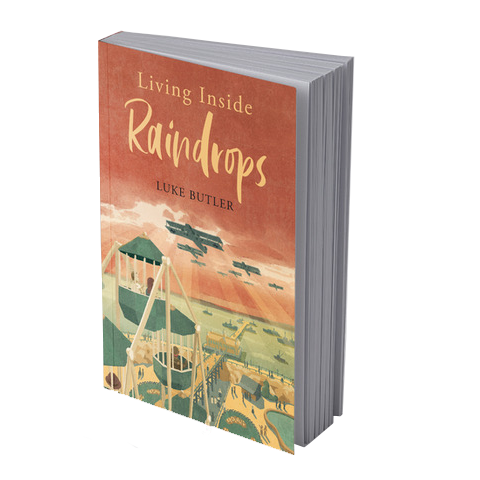Bhavini Kalaria published her debut memoir, Minimum Effort, Maximum Output, earlier this year. A contemplation on grief and loss, the book tells the story of the year after her husband died, and how she survived. We were privileged to find out more about her remarkable journey.
1. Can you tell readers a bit about yourself and what you do for a living?
I am a solicitor, specialising in resolving disputes. My professional life revolves around helping clients navigate the legal system and it’s often demanding processes. It often requires both analytical thinking and empathy.
2. How did you come to write this book?
After my husband passed away in 2022, I found that the process of writing helped me immensely in processing my grief and making sense of what had happened. I wanted to find a way to record his memory and give voice to my own experience. The book started organically and evolved, sometimes with and sometimes outside of my own grief. It became a channel through which I could both feel and examine my emotions and keep his memory alive.
3. What was the process of writing the book like?
The process was cathartic and sometimes demanding. It required me to take a step back from it, especially when it became a piece of work designed to allow others to consider their own grief and loss. Writing served as both a healing tool and a way of learning to carry my grief.
4. What were the challenges you faced in writing the book?
The biggest challenge I faced was how to order the book so that it had a coherent flow. Structuring the narrative in a way that made sense to readers while still honouring my personal journey through grief was a delicate balance to achieve. It was a pleasure working with The Book Edit team to structure the book, and to ensure that there was still a creative and narrative arc to the story telling. I found their help and advice invaluable.
5. How has the process of getting the book published been for you?
I have loved the process of publishing—figuring out how the book will look and how to make it beautiful and accessible. It was important to me that the book was something my husband would have appreciated. The entire experience of bringing the book to life was fulfilling and exciting.
6. What advice would you give to others who are looking to self-publish their work?
I found a very helpful website, Publish Yourself, which guided me through the essentials of self-publishing. Before starting, I had no idea about the need to register the book, send it to the British Library, or how to market it. My book is a limited run, and I chose to share it in intimate settings with people and communities for whom the subject of loss and grief is relevant. My advice to others is to thoroughly research the self-publishing process and understand the various steps involved to avoid being overwhelmed.
7. How does it feel to know you have completed this project and you have a book to show for it?
It feels amazing. There is something truly exciting about holding a finished book in your hands, knowing it encapsulates a part of your journey and can potentially touch others who read it.
8. What are you working on now?
I am currently working on a thriller, which is very different from my previous book. It’s a fictional piece, much longer, with a complicated plot. This new project comes with its own set of challenges, particularly regarding structure, which has always been a tough part for me.
9. Anything else you'd like us to know about your writing process and future ambitions?
I feel like I am just beginning to understand my process and learning what works for me. I often take long breaks and come back to my writing with renewed energy, leading to intense periods of activity. Looking ahead, I hope to continue exploring different genres and refining my craft, always aiming to create works that resonate deeply with readers.
Author. Bhavini Kalaria







